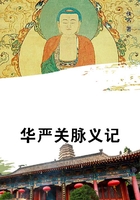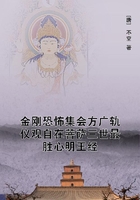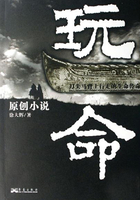Old Russian Parliaments.
In our last lecture we showed what causes produced the rise of monarchical power in Russia, and tried to prove that, powerful as was the autocracy of the Czars of Moscovy, it was limited by the political rights of the higher nobility. The exercise of these rights was entrusted to the Douma or Council, and similar powers in matters ecclesiastical were vested in a High Commission, often mentioned by the authors of the time under the name of the consecrated Sobor. This body was composed of the Metropolitan, Archbishops, Bishops, Archimandrites or vicars of the bishops, and the heads of the black clergy, the abbots or chiefs of monastic congregations.
In the year 1550 these two assemblies of which the one was an almost complete representation of the higher nobility and bureaucracy, and the second of the higher clergy, were changed into a more democratic parliament by the addition of representatives of the lower nobility, the regular military force, and the inhabitants of cities and rural districts. We have very little information as to the reason which induced the Government to appeal to these "men of the people," as the members of this assembly were galled by contemporary writers. We are totally ignorant of its composition, and of the nature of the business it was called upon to perform. The speech which Ivan the Terrible delivered in its first session is, however, well known.
In it he accuses the boyars of the misgovernment which characterised the first years of his reign and throws on them the whole responsibility for the miseries of the people. He acknowledged at the same time the impossibility of redressing old wrongs by judicial means and entreated all classes of the people to compound for them by means of compromises. The meaning of this was that all the judges who were accused of illegal decisions, and officials responsible for administrative wrongs, were authorised to treat within a fixed time directly with those who had complained to the Czar of their misrule. So far as appears from later documents the wish of the Czar was complied with by all classes of the people. Vast reforms followed this first essay of representative assemblies; the principle of election, which had formerly prevailed in the organisation of the commune and the lower courts of justice, was reintroduced in the form of elected judges and aldermen (goubnii starosti and zelovalniki). It is very probable that those men were convened to the first Russian parliament who had acknowledged the necessity for such reforms, although we have no contemporary documents to establish this fact.
The amount of information we possess about the second Russian parliament, which was summoned in the year 1566 is much greater.
We know the number of persons convened to it, the different classes of the people to which they belonged, and the kind of business they had to perform. We may even guess with a certain degree of probability the way in which they exercised their consultative and deliberative functions. In the year 1558 the Russian military forces were engaged in a war with Poland. This war had its rise in the disputes of the Teutonic Knights settled in Livonia, with the growing power of Russia. Losing one after another their chief fortresses, the Order, through their Grand Master Gotthard Kettler, entered into correspondence with the Polish king, Sigismund, and proposed to accept his suzerainty on condition that he should with his army oppose the further encroachments of Russia. This offer was accepted, and Russia had to decide whether she should withdraw from the Livonian strongholds which were already in her power or go to war with Poland. Under these circumstances Ivan the Terrible, before coming to a decision, wished to take the advice not only of the higher clergy, the members of his Douma, and the high officers of State, with the treasurers and secretaries at their head. but also of the lower nobility, the class directly engaged in military service, and those of the third estate, whose business it was to collect the taxes from the urban population.















